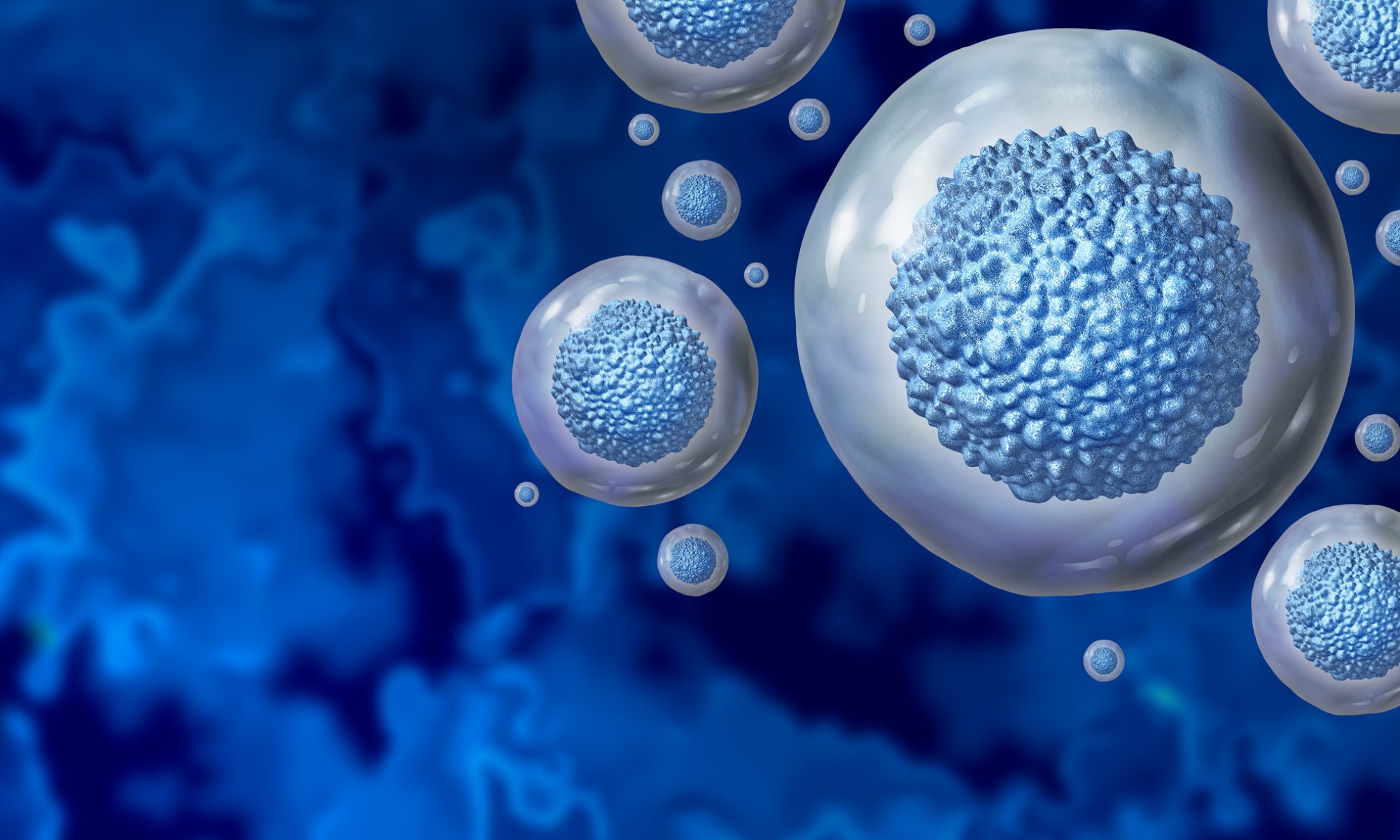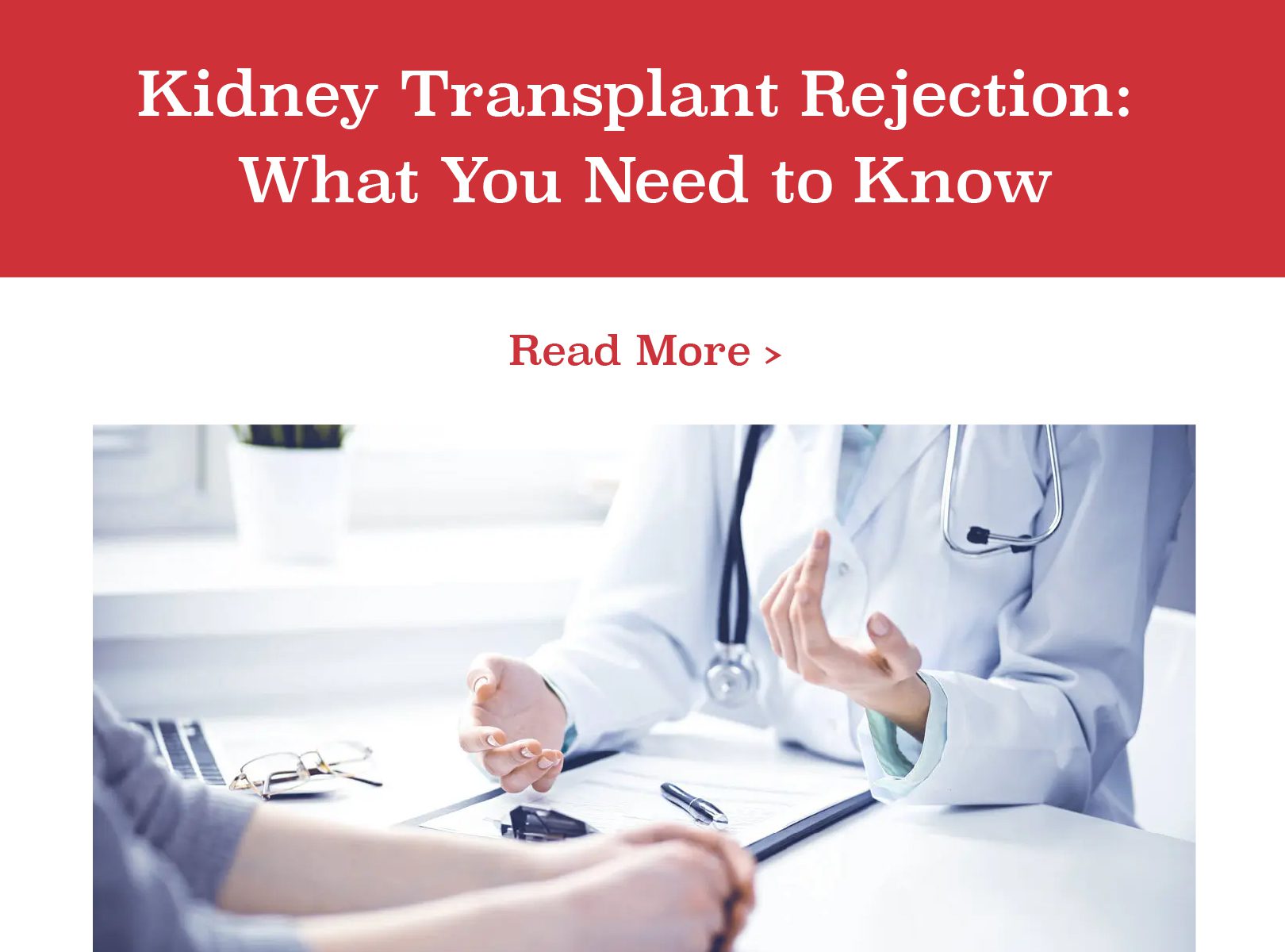After receiving a lung from a donor with known peanut allergy, a transplant patient with no history of allergy developed a temporary sensitization to peanut, according to a case study published in Annals of Allergy, Asthma & Immunology.
This case suggests that IgE-mediated food allergies acquired from a donor through solid organ transplants may be transient, Stephanie Stojanovic, MBBS, registrar in allergy, asthma and clinical immunology at Alfred Hospital in Melbourne, Australia, and colleagues wrote in the study. Read more in Healio.







